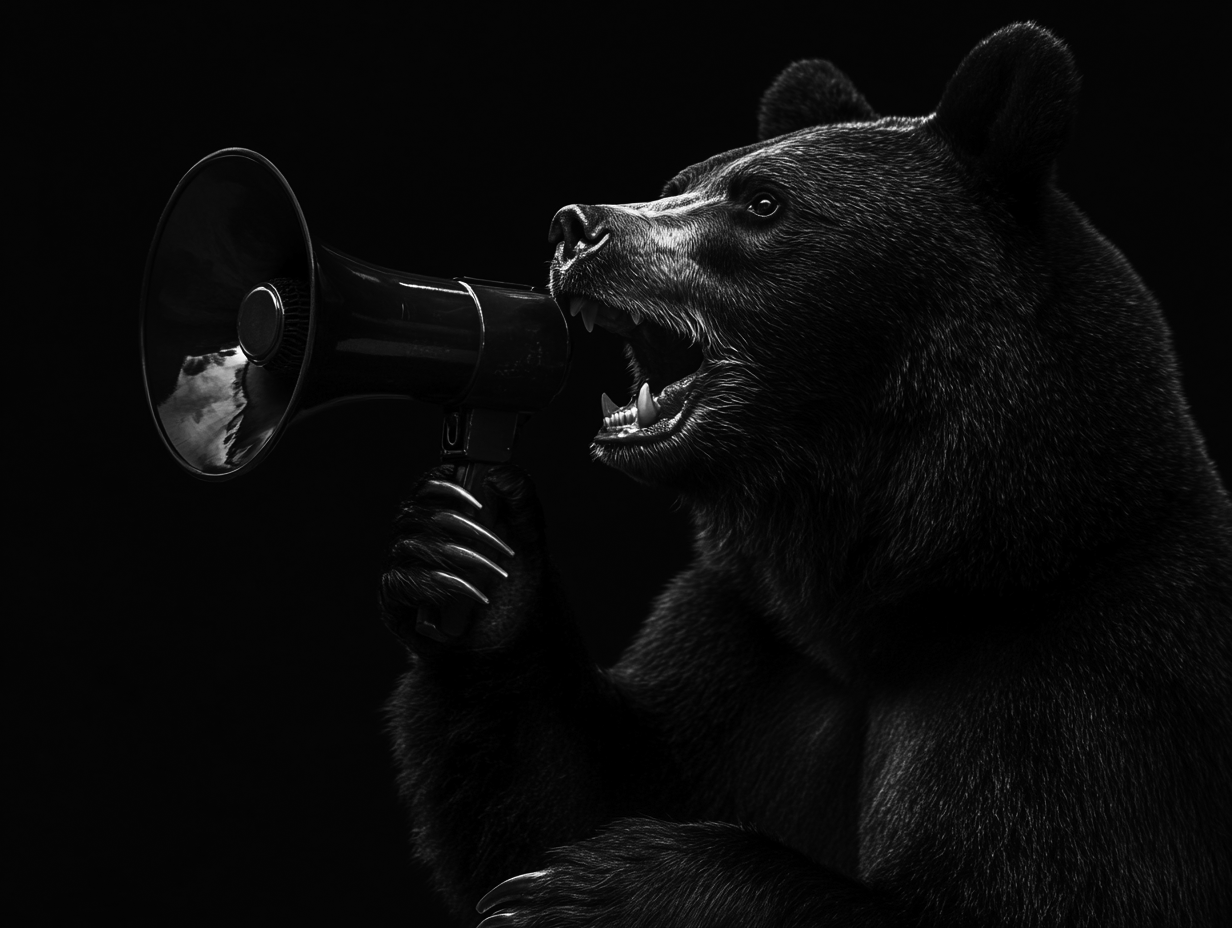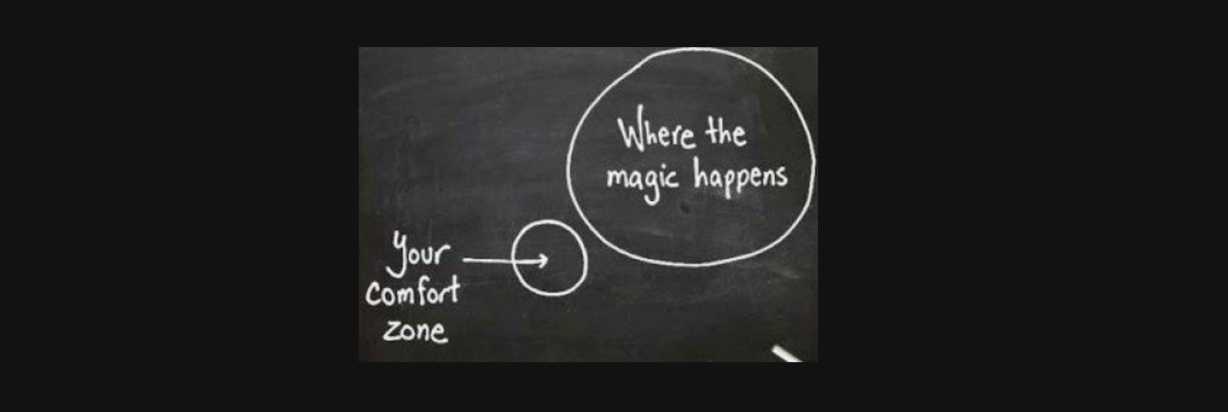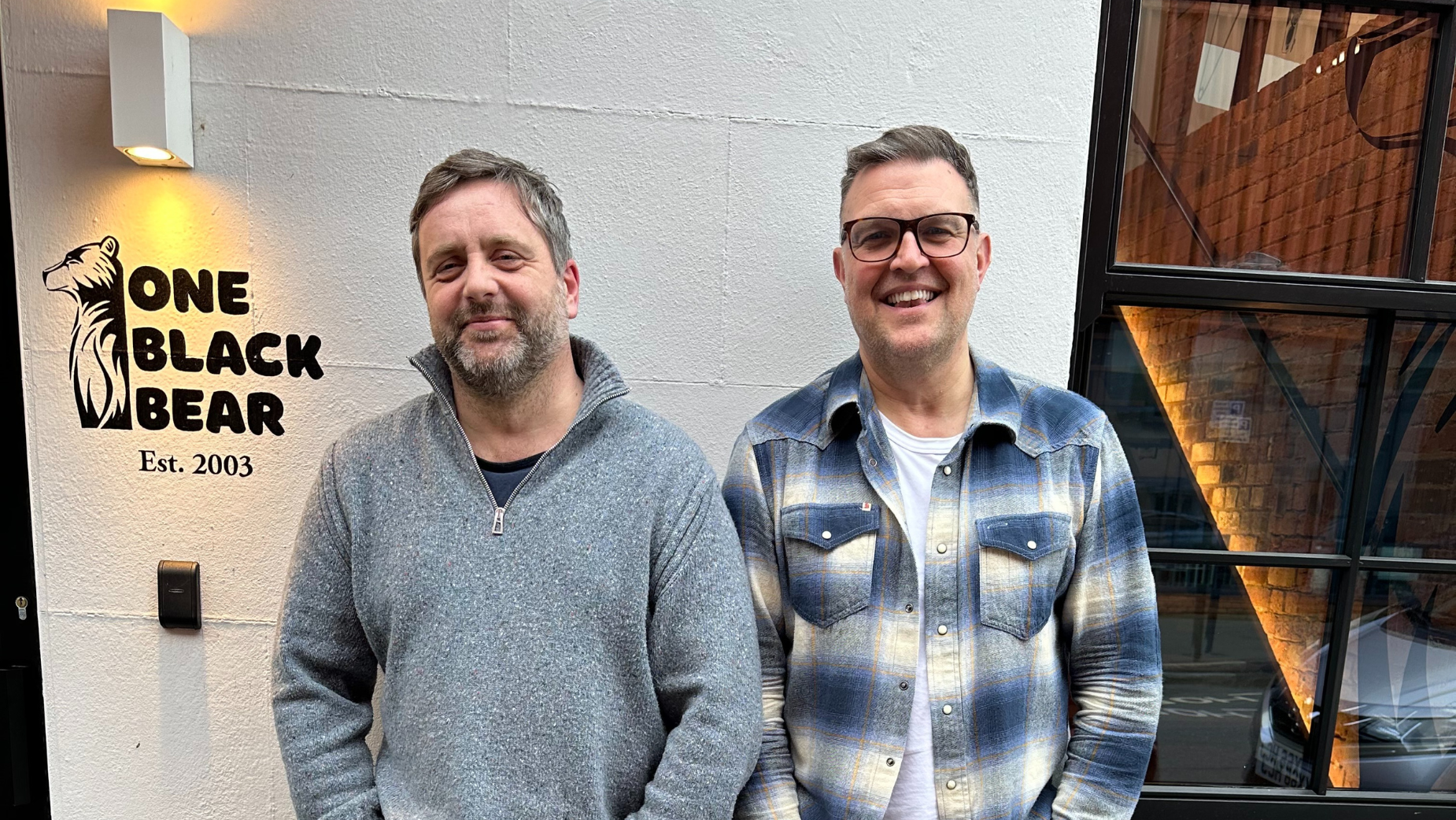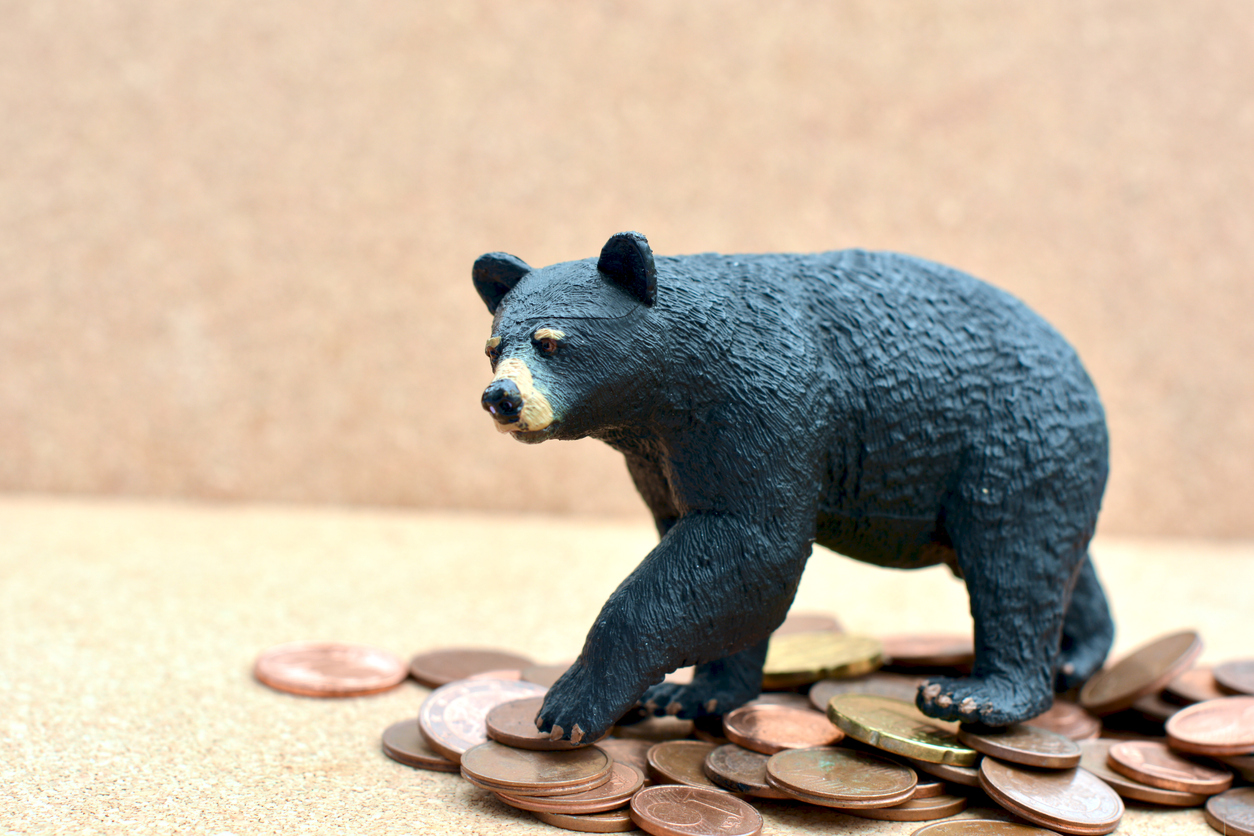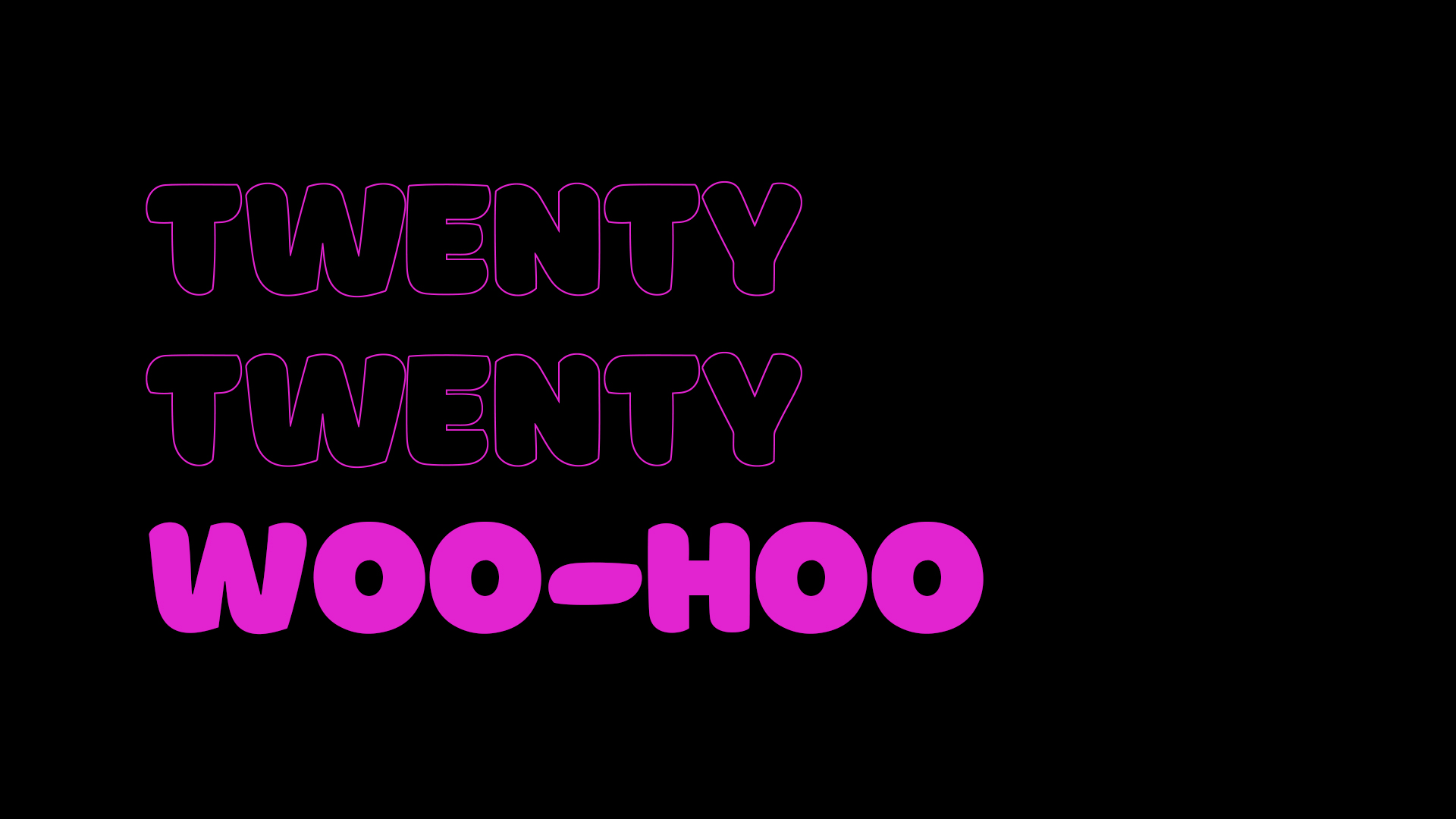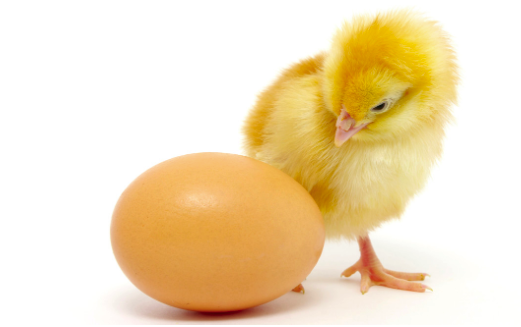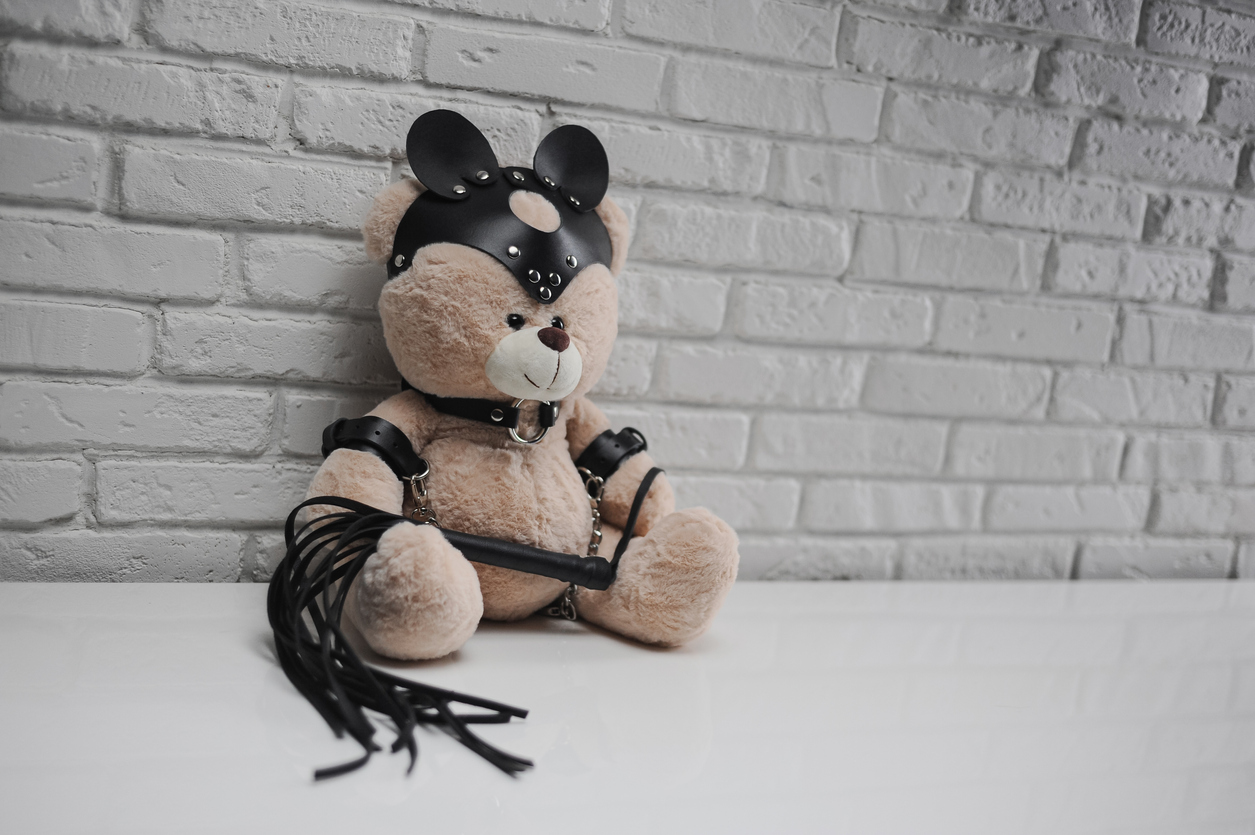Bossing It: Richard Elwell and Jon Harrison Were Raised by Wolves.
Bossing it.
This article was first published on Little Black Book on 18/3/24 here.
Jon Harrison and Rich Elwell are creative directors of One Black Bear and also co-own the business. They have been a creative partnership since 1991 and set up One Black Bear in 2003. The theory goes (unverified) that they’re now the longest creative team partnership in the UK – if not the world. Just the 33 years and counting. Get less for murder as the adage goes.
They oversee all the creative output of the agency and are highly experienced in developing creative strategies that deliver impressive ROIs for clients as well as win awards. They were reared on a very simple, focused diet – namely, it’s all about standout creative with a sound strategic backbone.
They have worked with numerous travel brands most notably National Express Coach, Eurolines, National Express Bus, Touromo, West Midlands Network and Transport for West Midlands. Their campaigns for National Express have been multi award winning across disciplines from OOH to TV, social to radio and in programmes from The Travel Marketing Awards to Roses and Lurzers.
As well as the plethora of travel experience, Jon and Rich have worked across everything from automotive to beer (famously once convincing Roger Moore to appear on TV for a Wolverhampton Brewery) and from High Street Jewellers to international sports brands. As well as global megastars of the silver screen, the pair have also worked with sporting heroes and up and coming comedians. Active and enthusiastic contributors to client meetings / ongoing client development, Rich and Jon pride themselves on being involved and not just residing in the background as owners.
LBB> What was your first experience of leadership?
Rich> Becoming head of the carpet cutting department at a B&Q. I presided over several other fellow Saturday lads who were students. I was very proud.
LBB> How did you figure out what kind of leader you wanted to be – or what kind of leader you didn’t want to be?
Rich> To be honest, we didn’t. We were raised by wolves. During those formative years at our first agency, we observed all kinds of leadership. Think bombastic, micro management, pure fear, the friendly sort, having enough rope to hang yourself… you name it, we witnessed it. We settled on trying to be nice, laid back and trusting. But we have been guilty of overdoing the soft touch. Every day a school day as they say.
LBB> What experience or moment gave you your biggest lesson in leadership?
Rich> When I suggested to my old MD that this business is basically just ‘rock & roll’, he quickly fired back a brusque: ‘But it’s not though’. Jon and I still wind each other up with it to this day. And while we’d never use the cliché of rockstars we do try and make sure people enjoy spending their time together in the agency.
LBB> Did you know you always wanted to take on a leadership role? If so how did you work towards it and if not, when did you start realising that you had it in you?
Jon and Rich> We knew early on in our careers that we’d like to run our own place. But I think that was more about being in total control of creative output rather than an out and out desire to lead. I think creative folks should aim to be inspirational to those that they lead and then get out of their way to let them do what they do best.
LBB> When it comes to ‘leadership’ as a skill, how much do you think is a natural part of personality, how much can be taught and learned?
Jon and Rich> Personally, I’d hope we lead by example rather than by preaching from a management textbook. We try to instil a high level of self initiative, self discipline and team ethic that seeks to help others, muck in whenever needed and to always strive to do the best work possible.
LBB> What are the aspects of leadership that you find most personally challenging? And how do you work through them?
Jon and Rich> When someone isn’t naturally driven like us. Sounds weird, but we aren’t particularly good at cattle prodding those who haven’t ‘got it’ in the first place.
LBB> Have you ever felt like you’ve failed whilst in charge? How did you address the issue and what did you learn from it?
Jon and Rich> Often. Imposter syndrome looms large as a creative person anyway. Add leadership responsibilities to the mix and… wow, it takes any morsel of self doubt to another level. However, I think (or hope!) that we’ve always been fair, balanced and patient as leaders. I can’t think of many instances, if any, where we haven’t tried to be. We also gave shares to people we shouldn’t have and that wasn’t very clever from a leadership perspective. You live and learn though eh.
LBB> In terms of leadership and openness, what’s your approach there? Do you think it’s important to be as transparent as possible in the service of being authentic? Or is there a value in being careful and considered?
Jon and Rich> I think there’s a very high level of transparency because it ultimately breeds trust and loyalty. We celebrate the good times and support each other during the bad. Yes, we often soak up some of the bad patches and worry ourselves rather than burdening the team – it’s that old football manager approach I guess.
LBB> As you developed your leadership skills did you have a mentor, if so who were/are they and what have you learned? And on the flip side, do you mentor any aspiring leaders and how do you approach that relationship?
Jon and Rich> As we said, raised by wolves. Much of it is self taught and relies on the desire to be exceptional at what you do – and be nice while doing it.Our old college tutor, Steve Dixon was a very analytical, clever guy who was very good at letting you know that your so called, best ever work was actually only lukewarm – but with a smile on his face. I also like the David Abbott example of red penning the junior’s copy without getting all hot and heavy and throwing mobile phones around. Why? Because when the junior writer eventually left DA’s office with his copy free of red pen he was walking on air.
Exceptional leadership right there.
LBB> In continually changing market circumstances, how do you cope with the responsibility of leading a team through difficult waters?
Jon and Rich> Keep doing it and keep going. What other way is there? We are pretty cautious as a business and don’t make rash decisions. We have a duty to look after what we’ve created and the people we carefully recruit. Long may it prosper – come what may.
LBB> As a leader, what are some of the ways in which you’ve prioritised diversity and inclusion within your workforce?
Jon and Rich> Now two middle aged blokes running an agency, we nurture youth, we celebrate experience and strive to have as many points of view within the place as possible. The agency management team is predominantly female and we try to always hire from mixed backgrounds and experiences.
If you’d like to grill Jon and Rich about their countless years experience at the creative coalface or chat to any of the rest of the team about something less boring, then drop us a note saying “Haven’t they aged well” here.


